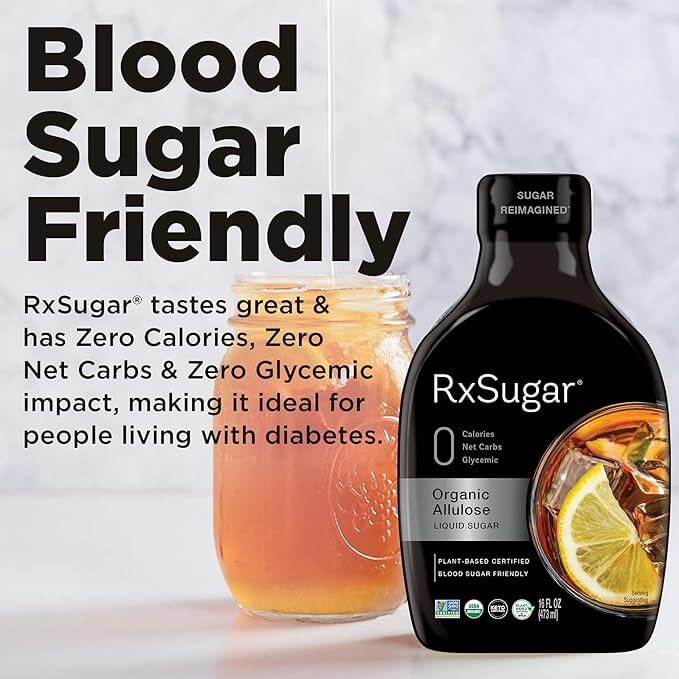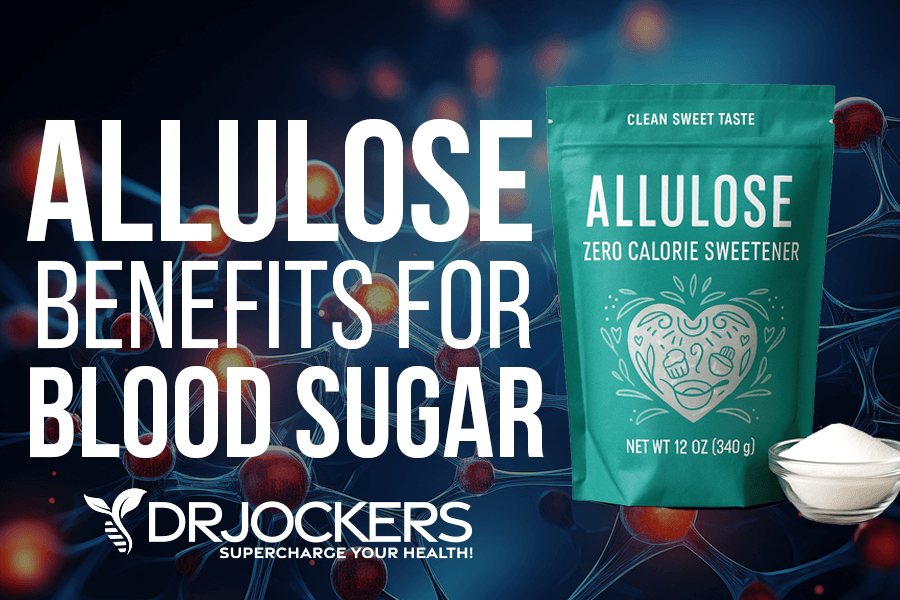 Allulose Benefits for Blood Sugar, Best Sources and How to Use
Allulose Benefits for Blood Sugar, Best Sources and How to Use
Allulose is a low-calorie sugar found in maple syrup, molasses, raisins, and jackfruits. It’s also found in many low-sugar, no-sugar, diabetic, low-carb, and keto diets. Allulose is low in calories and offers some health benefits, which may make it a great natural sweetener option in low amounts, alongside a nutrient-rich diet and healthy lifestyle.
In this article, you will learn what allulose is. I will discuss the problem with sugar and artificial sweeteners. You will learn about the researched benefits of allulose. I will explain how to use allulose. You will understand the risks and potential problems with allulose. I will share my favorite sources of allulose. You will also learn about some additional best sweeteners.
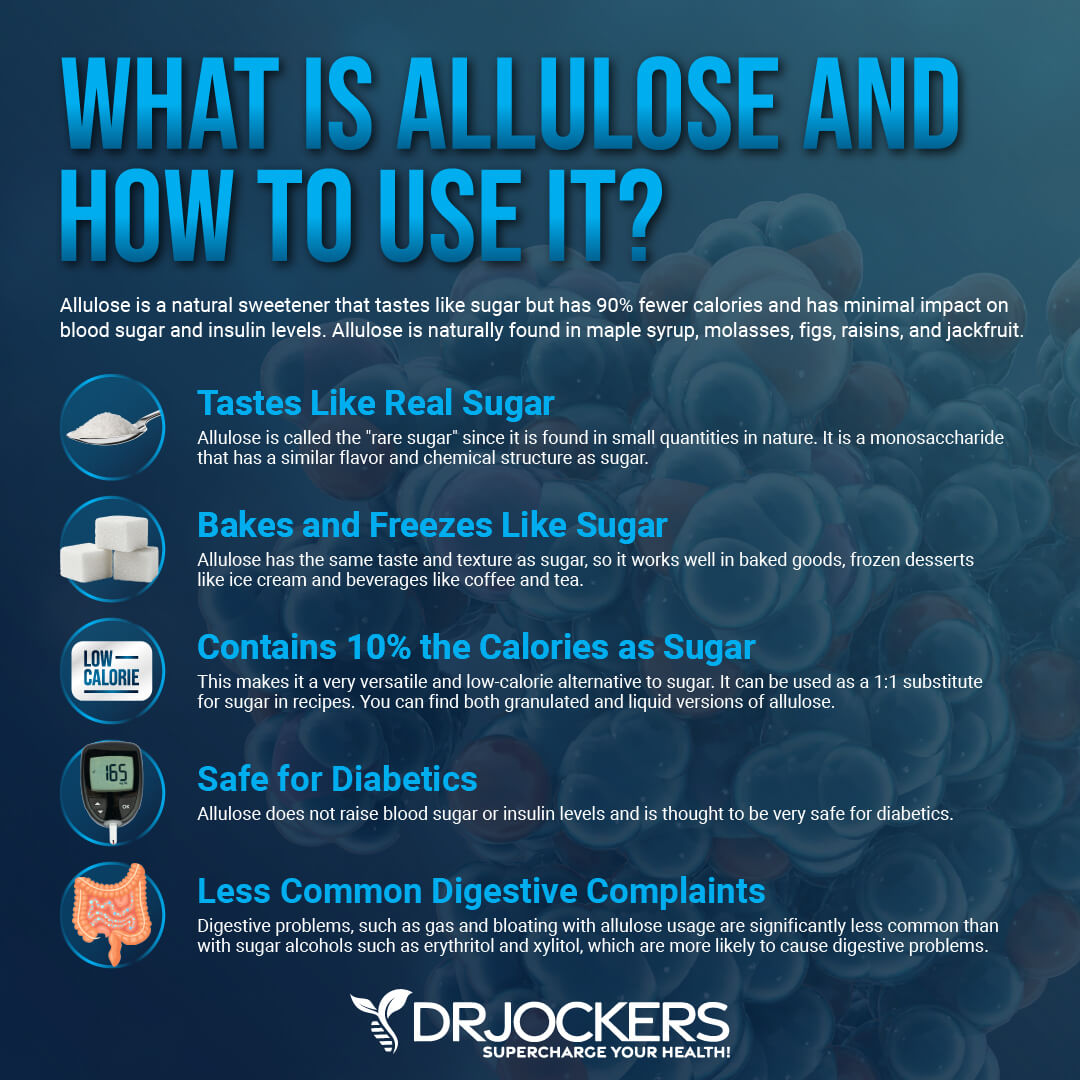
What Is Allulose
Allulose is a type of low-calorie sugar. Allulose is a monosaccharide, which means that it is a simple sugar and is similar to fructose in structure. It can be naturally found in maple syrup, molasses, figs, raisins, and jackfruit.
It is also used in baked goods, ice cream, sauces, beverages, and other processed foods. It is often used in products to serve people with various dietary needs, including diabetic, low-carb, and keto diets.
It tastes very similar to regular sugar and has a very similar texture. However, it has about 90 percent fewer calories. Allulose is around 0.2 to 0.4 kcal/gram versus table sugar, which is 4 kcal/gram.
This makes allulose a potentially good option for those watching their weight. It is a low-glycemic and keto-friendly option. It is also safe for diabetes as it doesn’t significantly raise your blood sugar and insulin levels compared to table sugar.
However, after about 70 percent of allulose gets absorbed in the digestive tract, your body doesn’t metabolize it for energy but excretes it through urine. Most artificial and natural sugars get fermented in the gut, but allulose doesn’t.
It means that it may lead to a lower risk of gastrointestinal upset, such as bloating or gas. However, some still may experience stomach issues from it, especially when used in high quantities and in those with a sensitive gut.
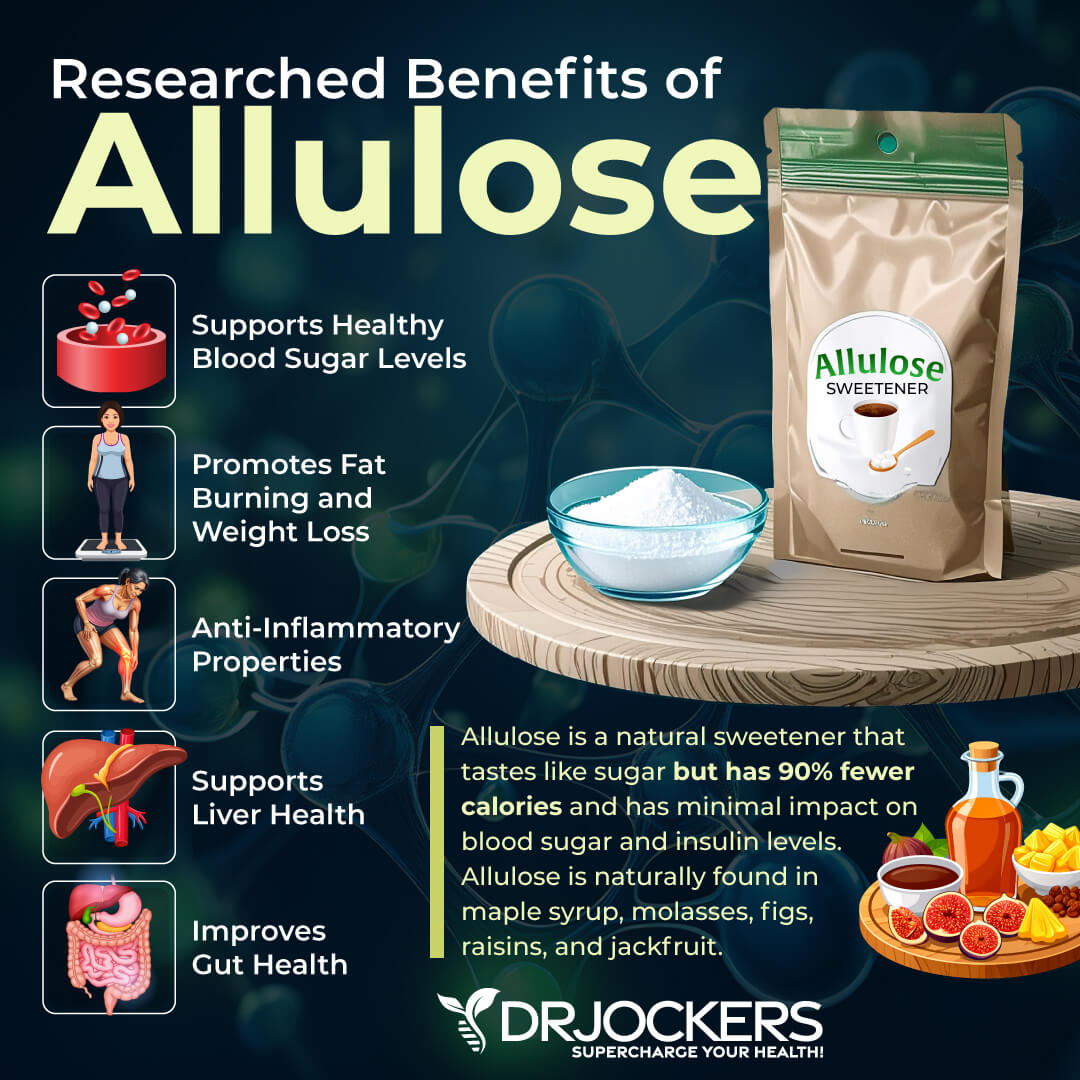
The Problem with Sugar and Artificial Sweeteners
Most people, by now, know that refined sugar is not a healthy choice. Sugar can lead to rapid blood sugar spikes followed by quick crashes, increasing cravings, hunger, and energy fluctuations.
Excessive sugar intake can increase the risk of obesity, chronic inflammation, insulin resistance, type 2 diabetes, heart disease, liver problems, gut imbalances, anxiety, depression, and other health concerns (1, 2, 3, 4, 5, 6, 7, 8).

Many people turn to artificial sweeteners to limit their calorie consumption and avoid table sugar. Unfortunately, artificial sweeteners are not a great choice either. While they don’t raise your blood sugar levels the same way as able sugar does, artificial sweeteners can disrupt appetite regulation, increase cravings for sweet foods, and even contribute to overeating and weight gain (9).
They may disrupt your gut microbiome and metabolism. They may also contribute to digestive issues, headaches, and other chronic symptoms (10, 11). Choosing natural, whole food alternatives and natural sweeteners is a safer and healthier option if you are looking for some sweetness.

Researched Benefits of Allulose
Allulose may offer a list of health benefits, including healthy blood sugar levels, improved fat burning and weight loss, anti-inflammatory effects, liver support, and gut support. Let’s look at these benefits of allulose one by one.
Supports Healthy Blood Sugar Levels
One of the main potential health benefits of allulose is supporting normal blood sugar levels. Allulose has a low glycemic index. Unlike table sugar, allulose doesn’t affect your blood sugar levels when you consume it. It may also help protect the pancreatic beta cells, which play a key role in producing insulin.
According to a 2023 systematic review and meta-analysis published in PLoS One, taking 5 grams or 10 grams of allulose reduced postprandial glucose levels, suggesting that it may be a great option for managing blood sugar levels (12).
According to a 2023 randomized controlled trial published in the Journal of Functional Foods, allulose used alongside sucrose helped to reduce postprandial glucose and insulin compared to when using sucrose alone (13). It also helped to reduce the spike in glucose and insulin levels.
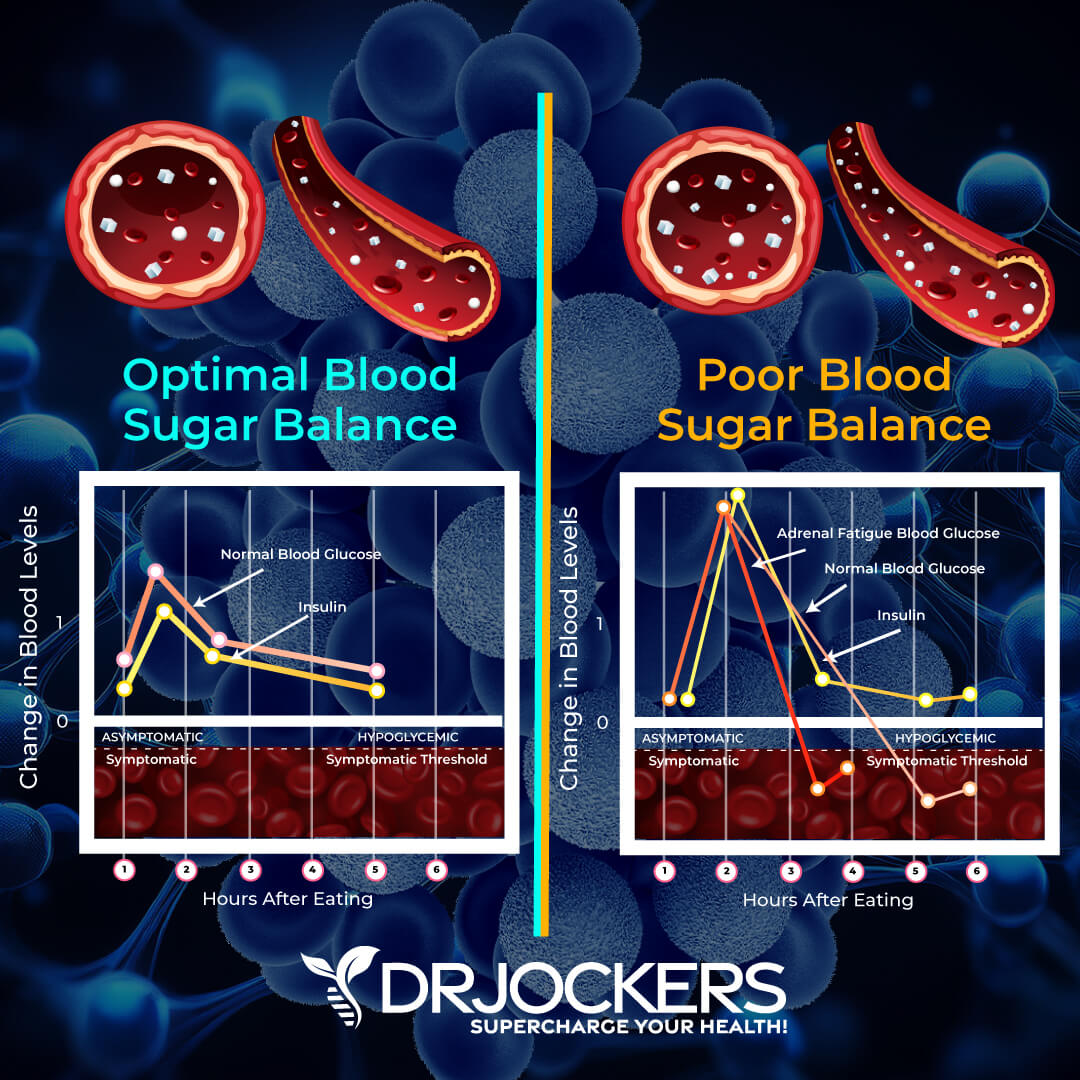
Promotes Fat Burning and Weight Loss
Weight loss and fat burning are also potential benefits of allulose. Allulose is about 90 percent lower in calories than table sugar. This means that if you simply swap sugar for allulose, you can greatly reduce your calorie consumption.
When you pair this with an overall healthy, nutritious diet, regular exercise, and other lifestyle strategies, you can set yourself up for true success in terms of weight loss, fat burning, weight management, and health.
According to a 2018 randomized, double-blind, placebo-controlled trial published in Nutrients, using allulose helped to reduce overall body mass index (BMI), total abdominal and subcutaneous fat (14).
The study suggests that using allulose may be beneficial for overweight and obese individuals. According to a 2024 study published in Nutrients, using allulose for a week can be helpful to improve metabolic and endocrine health and support weight management (15).
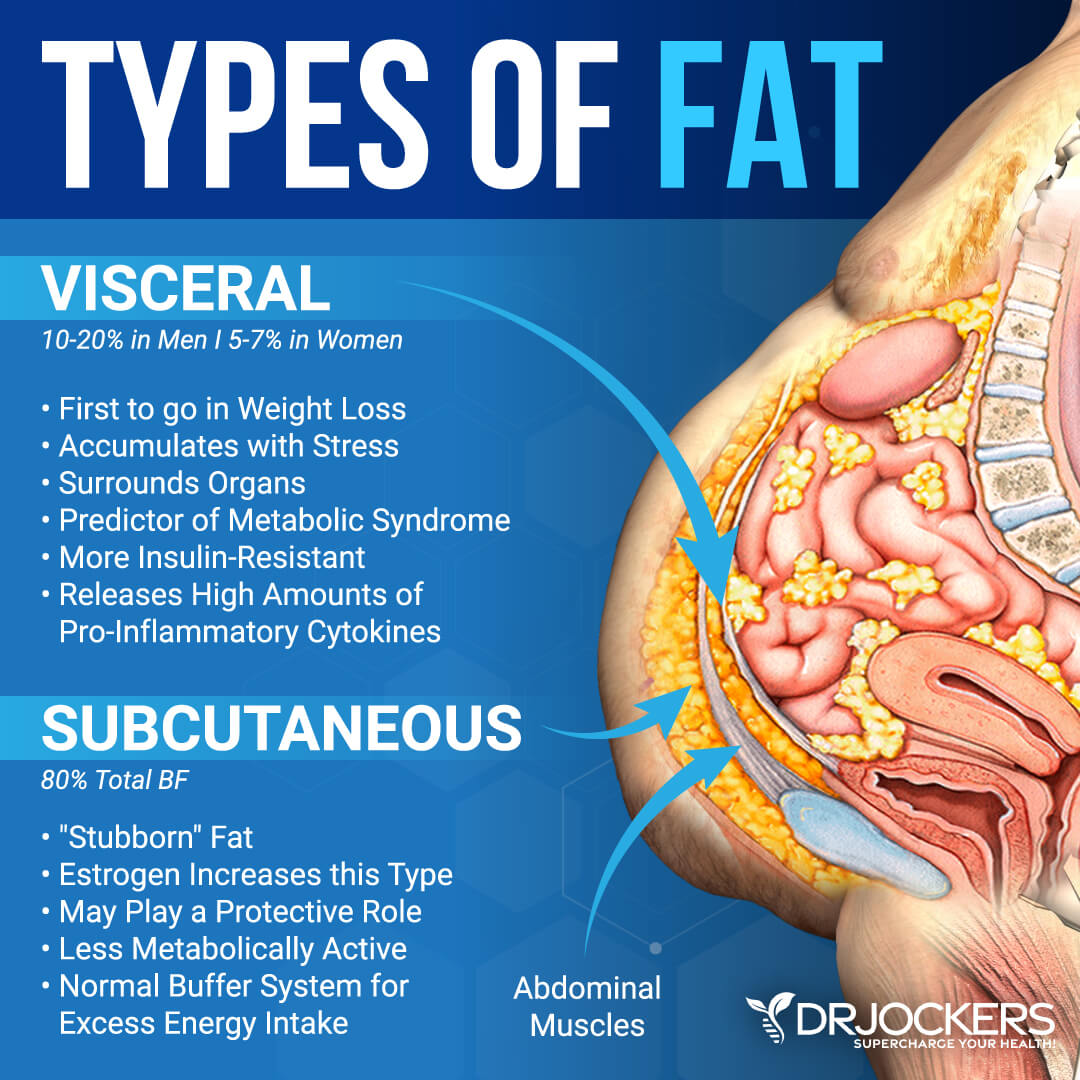
Anti-Inflammatory Properties
Chronic inflammation is one of the main underlying reasons for many chronic symptoms, autoimmune disorders, and modern-day lifestyle diseases, such as diabetes, heart disease, and cancer. Allulose offers anti-inflammatory properties that may help to lower your inflammation load and reduce related health issues.
According to a 2022 study published in Frontiers in Microbiology, allulose may offer anti-inflammatory properties along with antioxidant, antidiabetic, and anti-obesity effects (16). According to a 2020 study published in Molecular Nutrition & Food Research, allulose may support beneficial gut bacteria, potentially helping to reduce inflammation and decrease weight gain (17).

Supports Liver Health
Allulose may also help to support your liver health. It may help to reduce fat accumulation in the liver and improve insulin sensitivity, which also helps liver health. Though we still need human studies on this, animal studies are promising in terms of the liver health benefits of allulose.
According to 2021 animal research published in Food & Function, allulose helped to alter liver metabolites, including metabolites that are involved with the “metabolic pathways of fatty acid β-oxidation, cholesterol, and bile acid” (18). According to a 2023 animal study published in Molecular Nutrition & Food Research, allulose may help to reduce diet-related hepatic lipid accumulation and support liver health (19).
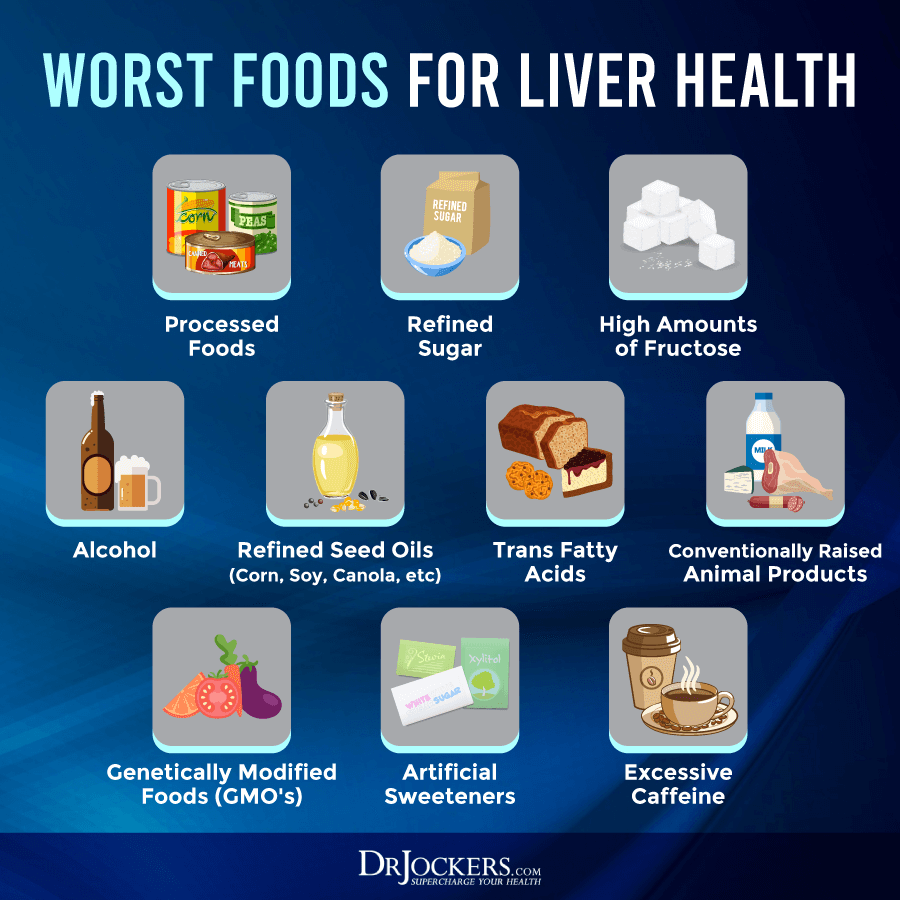
Improves Gut Health
Allulose may play a positive role in supporting gut health. It appears to interact with beneficial gut bacteria, promoting a healthier microbiome balance. This can contribute to reduced inflammation and improved digestion. Allulose may help maintain gut barrier function and lower the risk of metabolic issues linked to gut dysbiosis.
A 2024 study published in The Journal of Functional Foods found allulose to be a safe sweetener without a negative impact on the gut microbiome (20). This may help to reduce gut-related discomfort associated with many sweeteners. According to a 2023 study published in the Journal of Functional Foods, allulose may help to improve intestinal barrier function and reduce leaky gut syndrome (21).

How to Use Allulose
Allulose has a very similar taste and texture to table sugar. This means that it can be used similarly to table sugar and be an excellent substitute. You can use it in just about anything, including sauces, syrups, dressings, baked goods, and so on. You can find both granulated and liquid versions depending on your needs.
Allulose is also a common ingredient of ‘sugar-free’ processed foods, including frozen yogurts, ice cream, cookies, pastries, other baked goods, cereal bars, candy, pudding, salad dressings, syrup, and sauces. However, I recommend that you be careful with these.
They may not contain table sugar, but they are still processed foods that may result in other health risks. Always read the ingredient list and try to opt for whole foods and home-made options instead of packaged products.
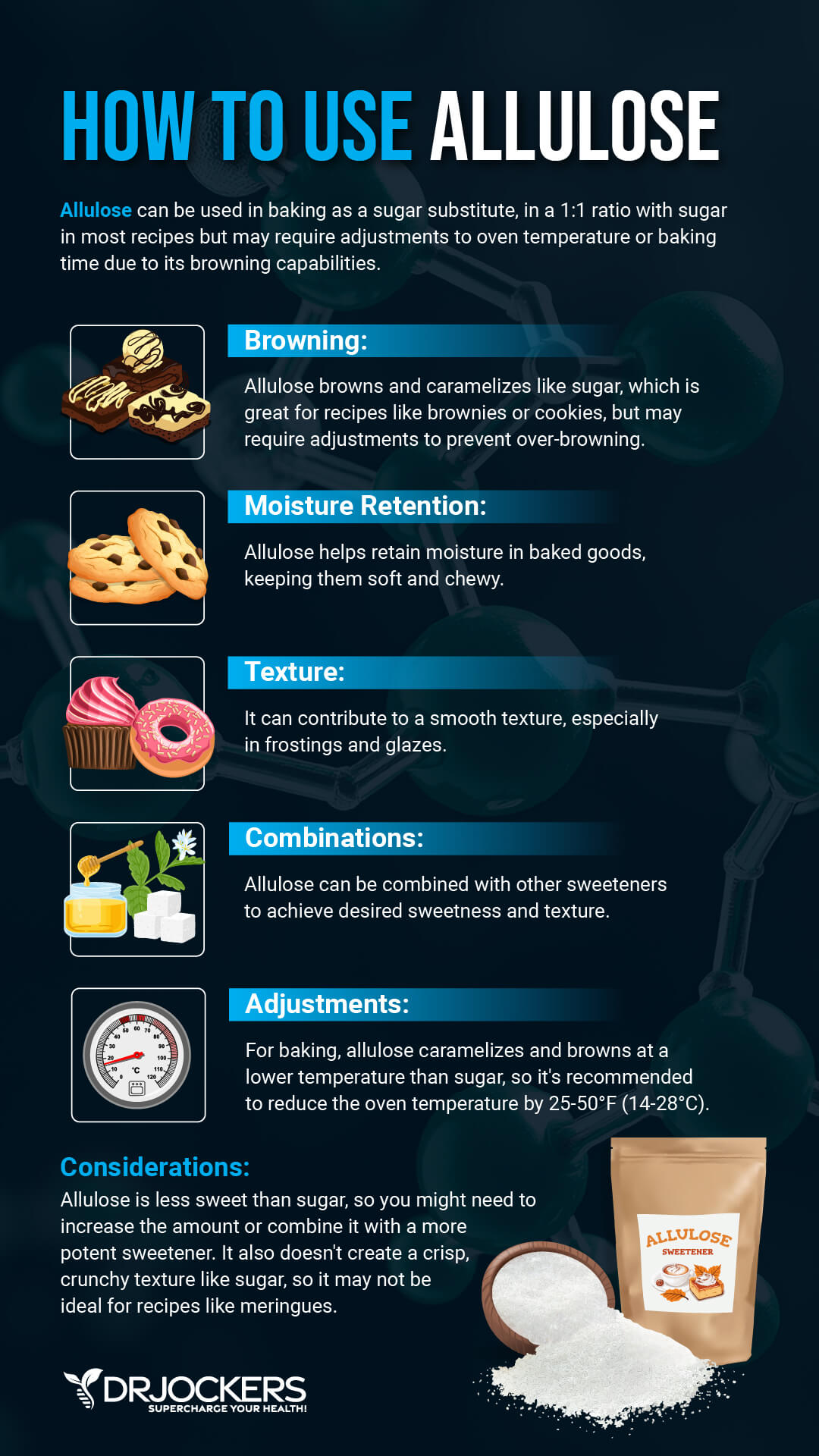
Risks and Potential Problems with Allulose
Allulose is generally safe to use in small quantities. The main problem is that some people have digestive discomfort, including gas and bloating, especially when using it in high amounts or in more sensitive individuals.
Erythritol and other sugar substitutes tend to have similar side effects. Allulose is a sugar that your body can’t fully metabolize, and it will pass through your digestive system before elimination. This can result in fermentation, which is the potential cause of these digestive issues.
To reduce the risk of these negative effects, use allulose in moderation as a sweetener in small amounts. Most sweetness in your diet should come from low-glycemic index fruits and sweet vegetables, such as bell peppers and carrots.
Additionally, if you find that you experience sensitivity and problems with allulose even in small amounts, stop using it and try other sweeteners instead. At the end of this article, I will share my favorite natural sweeteners to help you choose the best option for your body.

My Favorite Sources
When choosing allulose as a natural sweetener, it’s important that you choose a high-quality, trusted, organic brand. Rx Sugar Organic Allulose is one of my favorites. They have Organic liquid as well as a non-GMO powdered form of allulose here
It’s an easy-to-use liquid sweetener with no aftertaste or cooling effects. Espure Organic Allulose is a great pure organic allulose option. It is in a granule format, so it’s a great alternative to table sugar. It’s vegan, gluten-free, and non-GMO. I also like the Sparkle Wellness Organic Allulose you can find here
Best Natural Sweeteners
Besides allulose, there are several other natural sweeteners you may try. The best natural sweeteners include stevia, monk fruit, allulose, sugar alcohols, honey, maple syrup and coconut sugar, yacon syrup, and blackstrap molasses.
These sweeteners come from all-natural sources, but have different benefits and drawbacks:
- Stevia: Stevia is a natural, calorie-free sweetener that doesn’t raise blood sugar and may help support blood pressure regulation.
- Monk fruit: Monk fruit is a no-calorie sweetener with powerful antioxidants called mogrosides that don’t affect blood sugar levels.
- Allulose: Allulose tastes like table sugar but may help with blood sugar balance and fat loss.
- Sugar alcohols: Sugar alcohols, such as xylitol and erythritol, are low-calorie sweeteners with minimal impact on blood sugar and potential dental health benefits.
- Honey: Honey is a natural sweetener that’s rich in antioxidant, antimicrobial, and antibacterial benefits.
- Maple syrup: Maple syrup is a natural sweetener that’s high in antioxidants and minerals, including zinc and manganese.
- Coconut sugar: Coconut sugar comes from coconuts and contains inulin, a prebiotic fiber, and has a slightly lower glycemic index than regular sugar.
- Yacon syrup: Yacon syrup is high in prebiotics, such as FOS, so it may support gut health and healthy blood sugar levels.
- Blackstrap molasses: Blackstrap molasses is a natural sweetener that’s high in iron, calcium, magnesium, and potassium, and other nutrients.

Natural Sweeteners and Blood Sugar
Honey, maple syrup, blackstrap molasses, and yacon syrup may raise your blood sugar levels, while stevia, monk fruits, sugar alcohol, and allulose does not. Though it’s natural, honey is high in glucose and fructose and can raise your blood sugar. Maple syrup is primary sucrose and can raise your blood sugar.
Coconut sugar can raise your blood sugar, though less than table sugar. Blackstrap molasses has a lower glycemic index than table sugar, but it can still raise your blood sugar.
Yacon syrup has a lower glycemic index and may raise your blood sugar slightly, but much less than table sugar. These are also not calorie-free options, so if you are watching your calorie intake, you need to be careful with them.
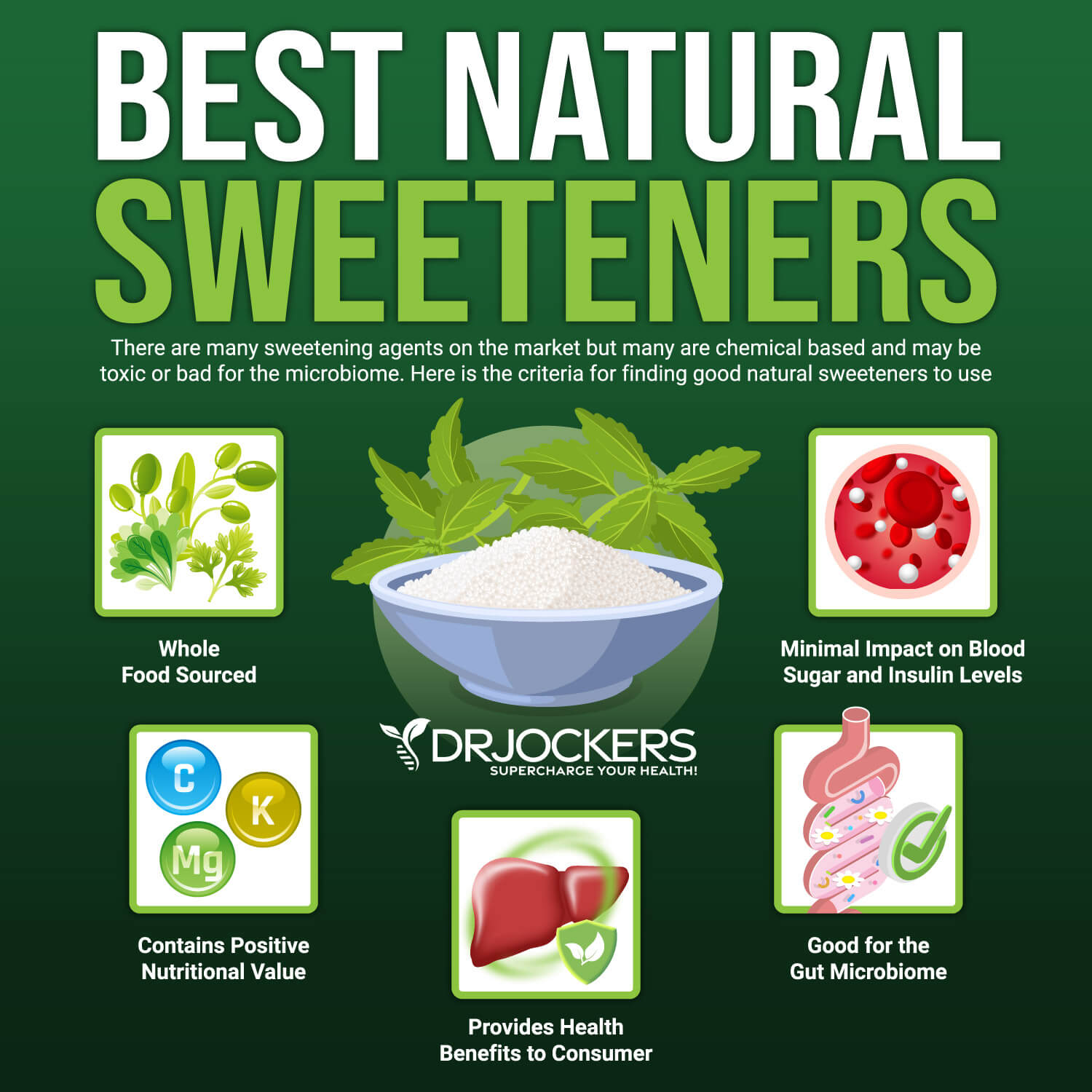
Natural Sweeteners and Digestion
Some of these options may cause digestive discomfort, while others don’t. Sugar alcohols can cause gas, bloating, and diarrhea, especially in sensitive individuals. Erythritol is the gentlest of the sugar alcohols but may still cause bloating in some individuals.
Yacon syrup is a prebiotic fiber that can cause some digestive discomfort in some people. Allulose may also lead to some digestive problems in those who are more sensitive. The other options, including stevia, monk fruit, honey, maple syrup and coconut sugar, and blackstrap molasses, generally don’t lead to digestive issues.
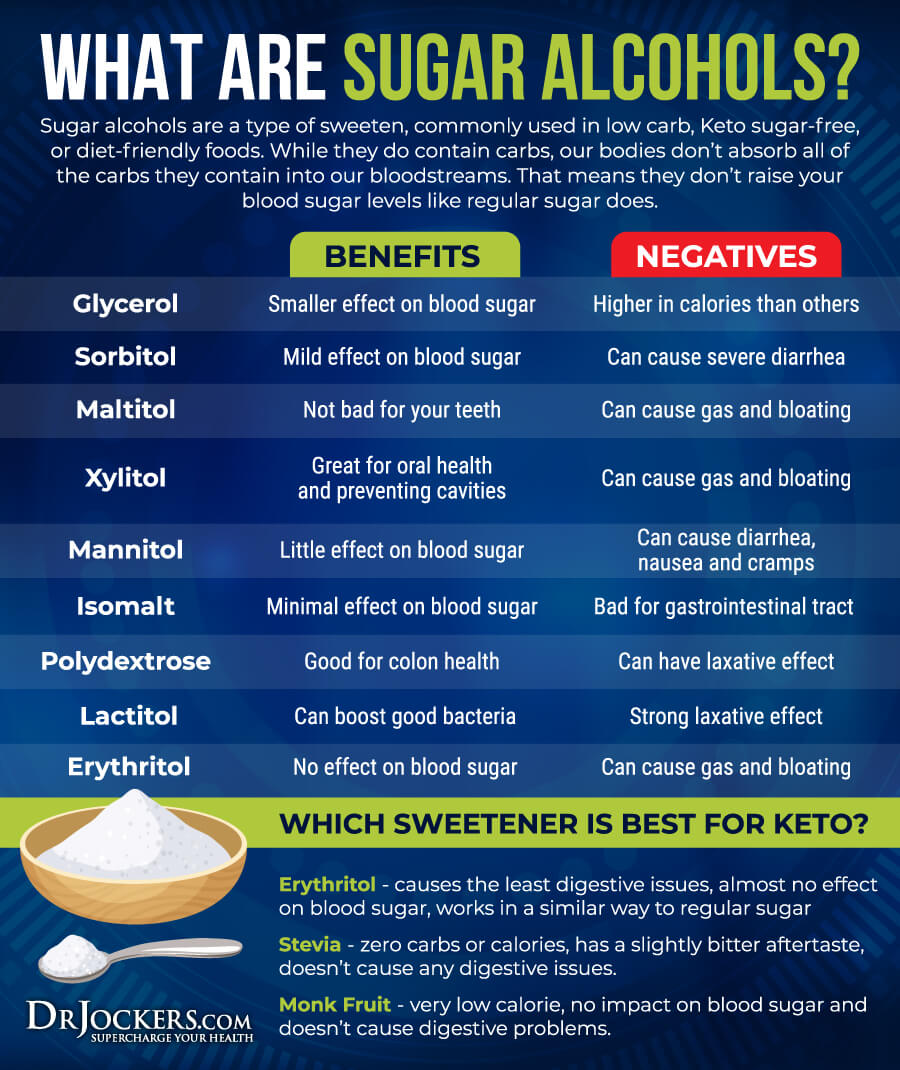
Overall Benefits of Using Natural Sweeteners
Overall, the benefit of these natural sweeteners is that they come from natural sources. They are not chemical based, not toxic, and are not bad for your microbiome, and most offer some health benefits. They are all whole food sourced; you can be sure where they come from.
They contain a positive nutritional value, so they offer benefits to your health. They have minimal impact on your blood sugar level and insulin levels. The ones that can impact your blood sugar levels have a much lower impact than table sugar and are generally safe in small amounts as sweeteners. They are good for your microbiome. They also provide various health benefits without major risks or side effects.
If you want to learn more about these natural sweeteners, I recommend reading this article.
Final Thoughts
Allulose is a low-calorie sugar found in maple syrup, molasses, raisins, and jackfruits. It’s also found in many low-sugar, no-sugar, diabetic, low-carb, and keto diets. Allulose is low in calories. It may also offer a variety of health benefits, including healthy blood sugar levels, improved fat burning and weight loss, anti-inflammatory effects, liver support, and gut support.
Used in combination with an overall healthy and nutrient-rich diet, regular exercise, and other lifestyle strategies, you may benefit from using allulose as a sweetener in low amounts. Follow the recommendations in this article on how to use allulose.
If you want to work with a functional health coach, I recommend this article with tips on how to find a great coach. Our website offers long-distance functional health coaching programs with our world-class team of health coaches. For further support with your health and other goals, just reach out—our fantastic coaches are here to support your journey.
Inflammation Crushing Ebundle
The Inflammation Crushing Ebundle is designed to help you improve your brain, liver, immune system and discover the healing strategies, foods and recipes to burn fat, reduce inflammation and Thrive in Life!
As a doctor of natural medicine, I have spent the past 20 years studying the best healing strategies and worked with hundreds of coaching clients, helping them overcome chronic health conditions and optimize their overall health.
In our Inflammation Crushing Ebundle, I have put together my very best strategies to reduce inflammation and optimize your healing potential. Take a look at what you will get inside these valuable guides below!

